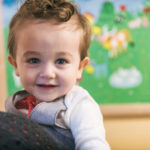Treatment for anorectal malformation gives Steven freedom and confidence
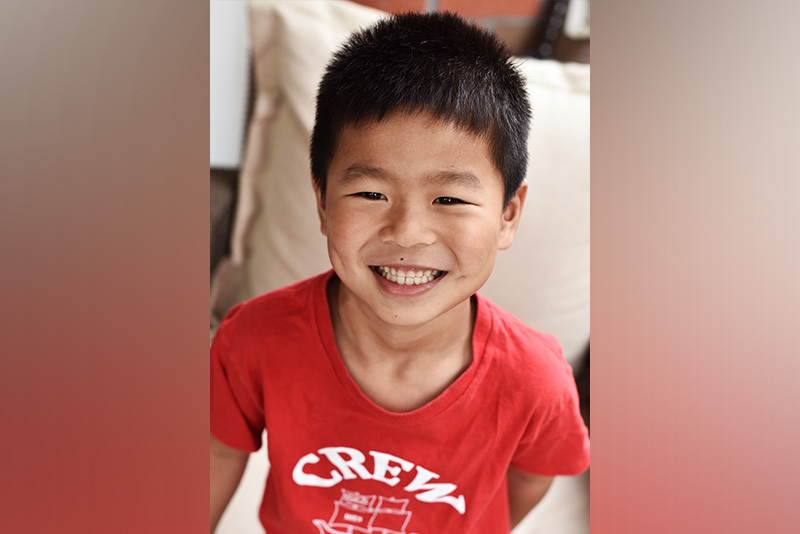
Steven York has “come a very long way,” says his mother, Beth — both literally and figuratively. In just seven years, he’s traveled from China to a new home in South Carolina, made multiple visits to Boston, and undergone a series of complex but ultimately life-changing surgical procedures.
According to his adoption and hospital notes, he was born with a type of anorectal malformation called imperforate anus and had six surgeries in China, which didn’t fully repair the problem and left him with scar tissue and other complications. Because Beth and her husband, Michael, knew during the adoption process that their son would need specialized care, they were able to carefully research his condition and medical needs before he arrived at his new home in South Carolina.
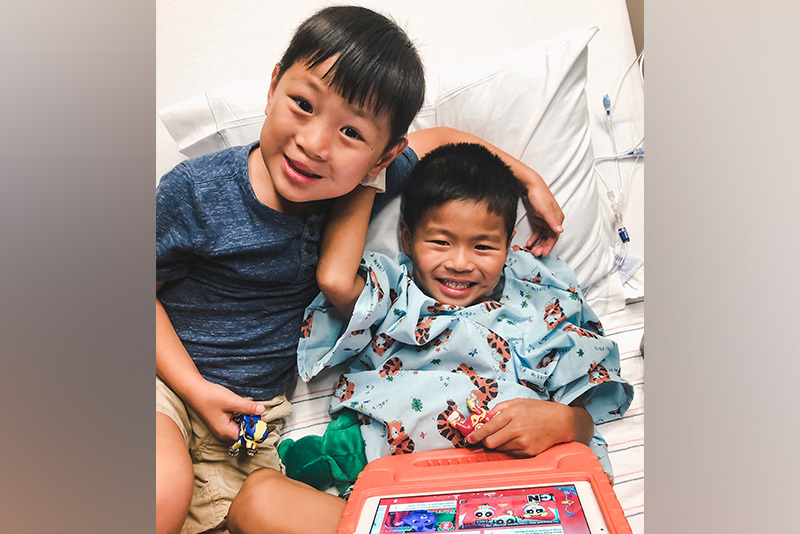
Not an easy path
The Yorks’ research brought them to Dr. Belinda Dickie, director of the Colorectal and Pelvic Malformation Center at Boston Children’s Hospital. “She returned our email so quickly and the program coordinator, Liz Pennachio, answered all of our questions even before Steven was officially a patient,” Beth remembers. “They made us feel so comfortable. I think that’s when we fell in love with Boston Children’s.”
Like many kids with anorectal malformations, Steven’s path hasn’t been an easy one. But there was something in Steven’s examination and history that did not all add up. At age 6, he had never been able to go to the bathroom on his own and instead eliminated waste through an ostomy, a surgically created opening in his abdomen. Although Dr. Dickie was able to improve much of his condition by removing the abnormal bowel, she recommended waiting to reverse his ostomy.
It turned out to be a wise decision: Steven was soon diagnosed with Hirschsprung’s disease, in which some of the intestinal nerve cells don’t develop properly, delaying the progression of stool through the intestines. But the diagnosis wasn’t a cause for disappointment. “It was actually wonderful to have a diagnosis, because we had been suspicious,” says Beth. “Now we knew why things weren’t working properly.”
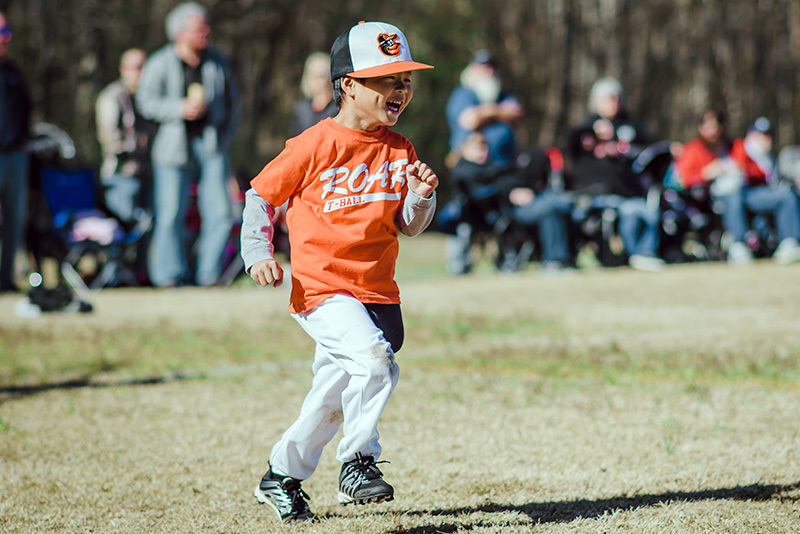
A huge leap of faith
In the summer of 2019, it was finally time to reverse Steven’s ostomy, a procedure that his parents viewed with trepidation. “He had never gone to the bathroom on his own and we were worried he wouldn’t have control,” admits Beth. “It was a huge leap of faith.” Indeed, the next several months were filled with stressful ups and downs, as Steven endured infections and the inability to urinate. “He tends not to recover easily, and this time it was just so hard on his little body,” Beth says.
But following an emergency appointment with Dr. Dickie to address an infection of his catheter, he finally turned a corner. By the time he left Boston Children’s, Steven had complete control over both his bladder and bowels. Although many kids with anorectal malformations and Hirschsprung’s disease follow a bowel management program to help prevent accidents and gain control, Steven was able to do so on his own.
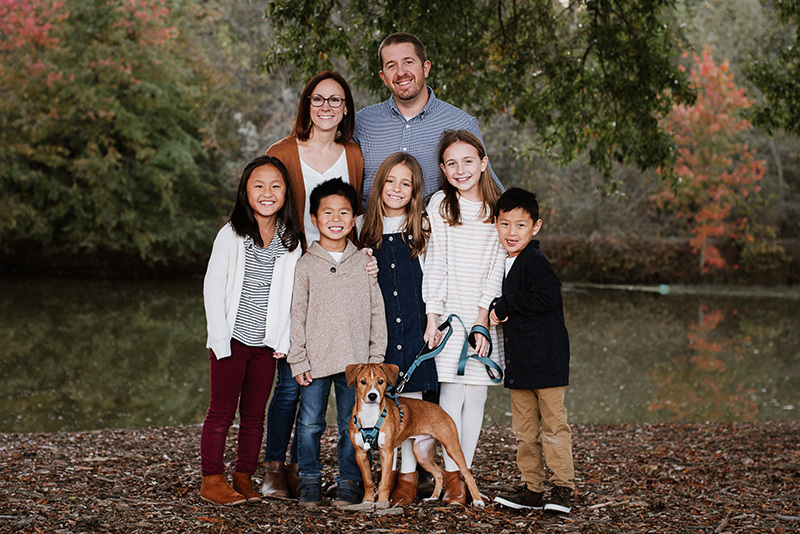
Making progress
Now almost 7, Steven is a “ham” who loves playing with his dog, Gunnar, and four brothers and sisters. He’s especially close with his brother, Bo — the two boys are the same age and enjoy playing Mario Kart and other video games together.
Although he still struggles with minor related health issues, Steven is making progress that his family couldn’t have imagined just a year ago. “He says, ‘I can do it like everyone else now,’” says Beth. “He has freedom and confidence — it’s just amazing.”
Learn about the Colorectal and Pelvic Malformation Center
Related Posts :
-

Bryson's story: Getting support for an anorectal malformation
The wait while a child has surgery can be excruciating for any parent, and Carrie and Brian Mueller are no ...
-

'Finally in the right place': Peyton’s journey to Boston
When Peyton Miklas comes to Boston Children’s Hospital for an appointment, she isn’t just seeing Dr. Belinda ...
-

Answers for Aubree: Finding support for OEIS
Michelle and Stephen Strickland are used to having questions about their infant daughter, Aubree’s, health. After all, Aubree was ...
-

Understanding and treating Mason’s congenital nevus
Kim and Ryan noticed their son’s birthmark almost immediately after he was born. They knew birthmarks were common, but ...


